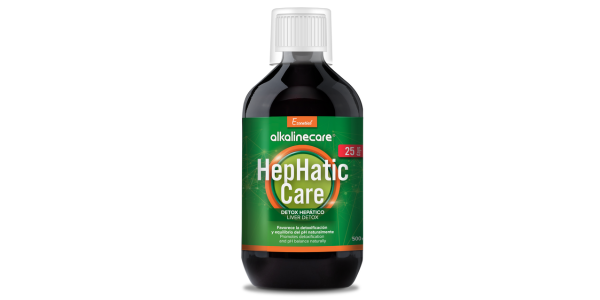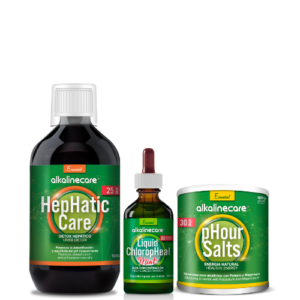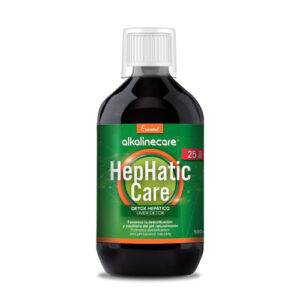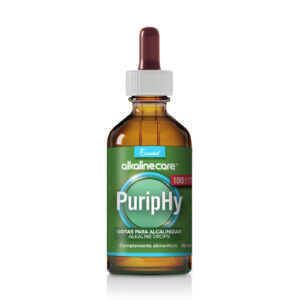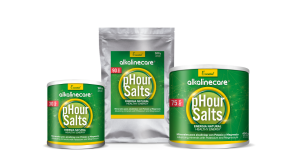Sleep quality and liver health are intrinsically linked, and the condition of the liver can directly affect a person’s ability to get a good night’s rest. The liver plays a crucial role in multiple biological processes, such as detoxification, metabolism regulation, and hormone production, all functions that directly influence sleep quality. Improve your sleep with a liver cleanse!
Improve your sleep with a liver cleanse
The circadian cycle and liver function
The liver, like many other organs in the body, follows a circadian cycle, that is, a 24-hour biological rhythm that regulates its functions. During the night, the liver actively works on detoxification and processing nutrients, especially while the body is at rest. If there is liver overload, such as in cases of liver disease, toxin buildup, or excessive alcohol consumption, this process can be affected, interfering with sleep.
Hormones related to sleep and the liver
The liver plays a key role in metabolizing essential sleep hormones such as melatonin and cortisol. Melatonin regulates sleep and wake cycles, while cortisol helps manage stress. A liver that is not functioning properly can upset the balance of these hormones, leading to problems falling asleep or frequent awakenings.
For example, when the liver is overloaded due to toxins, there is an increase in cortisol levels during the night, which can wake people up and make it difficult for them to get back to sleep.
Liver cleansing and its impact on sleep
The so-called “liver cleanse”, which involves detoxifying the liver, aims to improve its ability to eliminate toxins. This could, in theory, improve sleep quality, as a more efficient liver can:
- Reduce the buildup of toxins that interfere with the central nervous system, contributing to more restful sleep.
- Improve hormonal regulation and, thereby, promote an adequate balance of melatonin and cortisol.
- Reduce nocturnal awakenings and insomnia associated with toxic liver overload.
Impact of fatty or overloaded liver on sleep
Conditions such as fatty liver, hepatitis, or chronic alcohol abuse can cause poor liver function that leads to metabolic problems and increased levels of toxins in the blood. This can affect not only the quality of your sleep, but also lead to sleep apnea or insomnia. Fatty liver, in particular, is linked to an increased risk of sleep disturbances due to systemic inflammation and hormonal imbalance.
How to improve liver function to improve sleep
- Healthy diet: Reducing alcohol consumption, refined sugars and trans fats helps reduce liver burden. Foods rich in antioxidants (such as fruits and vegetables) and consuming fiber improve liver function.
- Hydration: Staying well hydrated supports the detoxification function of the liver, helping to eliminate toxins more effectively.
- Physical activity: Regular exercise promotes liver health and improves metabolism, which can also have a positive impact on sleep.
- Supplements: Some people use supplements such as milk thistle or N-acetylcysteine to support liver function. However, it is important to consult a doctor before starting any supplement.
Try HepHatic Care
Hephatic Care is a natural supplement designed to improve liver health, promoting better digestion and detoxification. By optimizing the functioning of the liver, it helps balance the body, which can promote a deeper and more restful rest. A healthy liver helps regulate the sleep-wake cycle, thereby improving sleep quality. And now it’s on sale with a 10% discount, an ideal opportunity to take care of your well-being while saving!
Conclusion
A healthy liver contributes to better sleep quality through regulating hormones, effectively eliminating toxins, and supporting the body’s circadian rhythms. Therefore, taking care of the liver through a balanced diet, stress management and possible liver detoxification can be key to improving rest and overall health.
